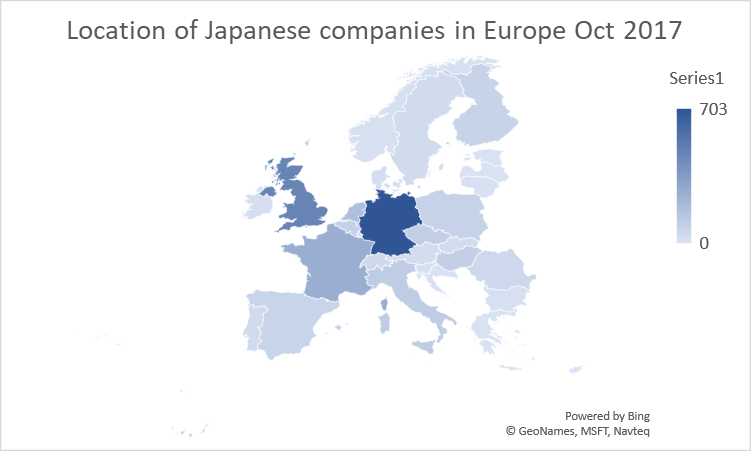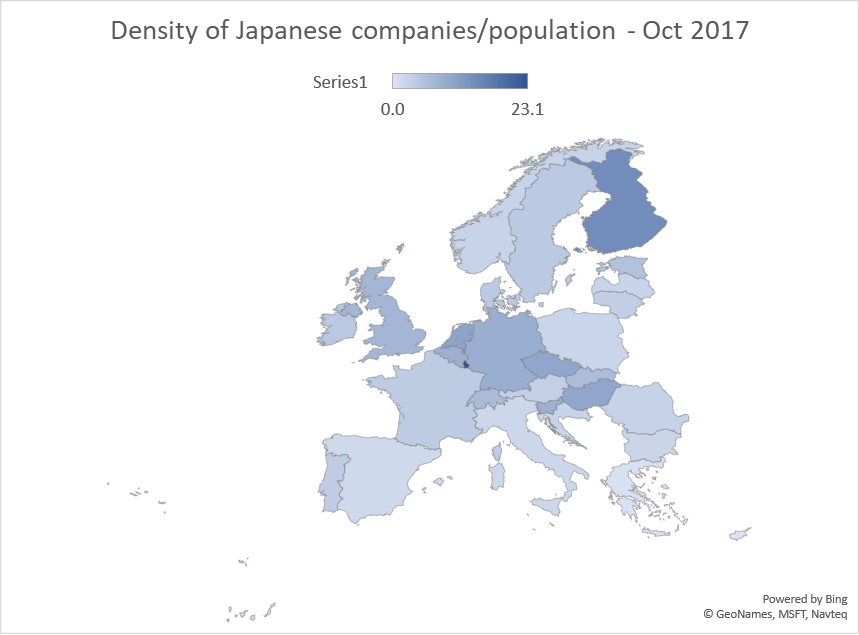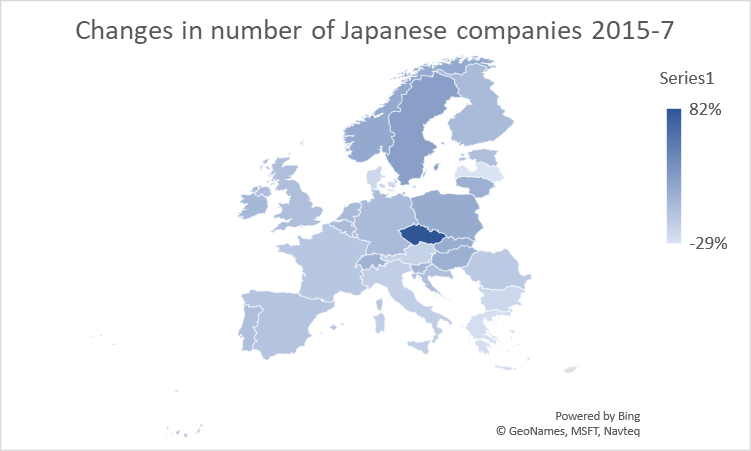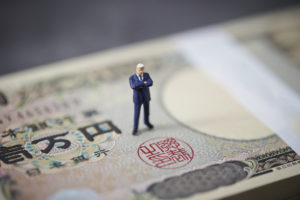Hitachi acquisition of ABB power grid business is a “Black Ship” to push globalization
It’s been 10 years since Hitachi made its record breaking loss and Takashi Kawamura became Chairman and President. Kawamura was chairman when Hitachi decided to buy Horizon Nuclear Power in the UK in 2012, and he now says he was one of the more cautious faction. “Costs pile up long before you’ve even produced one kilowatt of energy so I made it clear that we needed to set various points at which we will decide whether to proceed or not with the project”. Takashi Kawamura is now chairman of Tokyo Electric Power, so has not managed to escape the nuclear power industry despite his cautiousness.
Hiroaki Nakanishi lasted 4 years as President from 2010 to 2014, when Toshiaki Higashihara, also interviewed in the same Nikkei article, became President. Higashihara has not only frozen the Horizon project but acquired Swiss company ABB’s power grid business in 2018. “Globalization has not been achieved yet” for Hitachi he believes. He tells employees that the ABB acquisition is a Black Ship he has invited in, just like the foreign pressure to open up Japan in the Meiji Revolution, to change Hitachi and push globalization further.
Hitachi is shifting more into services and believes it has the right product and solution mix to for the “Internet of Things”. Sales may not grow much – for services business the point is to improve profitability, rather than sales volume, Higashihara points out.
Kawamura also says the old ways, of life time employment and being a generalist have to come to an end. Hitachi offered retraining for people employed in the businesses he shut down or spun out, like the semi conductor business, but many of them had expected to stay at Hitachi all their life, and not to have to find work elsewhere.
Higashihara goes on to say the next leader needs to be able to manage globally, in particular, to be able to communicate, across generations, nationalities, sexuality and gender. “If they seem to have the right balance of qualities, it would not be a surprise if it was a foreigner” who succeeds him. That is likely to be soon, as Higashihara has been president for 5 years now, and 6 years is usually considered to be the maximum for Presidents in companies such as Hitachi. Maybe the Black Ship has brought some potential candidates with it, or Hitachi Rail’s former CEO Alistair Dormer, now Representative Executive Officer, Executive Vice President and Executive Officer of Hitachi Ltd is being lined up for the job.
For more content like this, subscribe to the free Rudlin Consulting Newsletter. 最新の在欧日系企業の状況については無料の月刊Rudlin Consulting ニューズレターにご登録ください。
Read More
 UK is the birthplace of innovation and will not sink, despite Brexit,
UK is the birthplace of innovation and will not sink, despite Brexit, Japanese companies used to be seen as very reluctant to acquire and merge with other companies, but the record breaking £46bn acquisition, finalised in January 2019, of Irish pharmaceuticals company Shire by Japan’s Takeda may not even be the peak of what has been at least 10 years’ of an overseas spending spree by Japanese companies. Faced with a declining, ageing domestic market,
Japanese companies used to be seen as very reluctant to acquire and merge with other companies, but the record breaking £46bn acquisition, finalised in January 2019, of Irish pharmaceuticals company Shire by Japan’s Takeda may not even be the peak of what has been at least 10 years’ of an overseas spending spree by Japanese companies. Faced with a declining, ageing domestic market,  Although around 10,000 manufacturing jobs in Japanese electronics companies in the UK were lost in the 1990s-2000s, about the same number have been added, either created by Hitachi Rail or in the automotive or air conditioning sectors. Japanese electronics companies such as Sony, Fujitsu, Panasonic, NEC, Mitsubishi Electric and Hitachi still all employ thousands of people in the UK.
Although around 10,000 manufacturing jobs in Japanese electronics companies in the UK were lost in the 1990s-2000s, about the same number have been added, either created by Hitachi Rail or in the automotive or air conditioning sectors. Japanese electronics companies such as Sony, Fujitsu, Panasonic, NEC, Mitsubishi Electric and Hitachi still all employ thousands of people in the UK.


